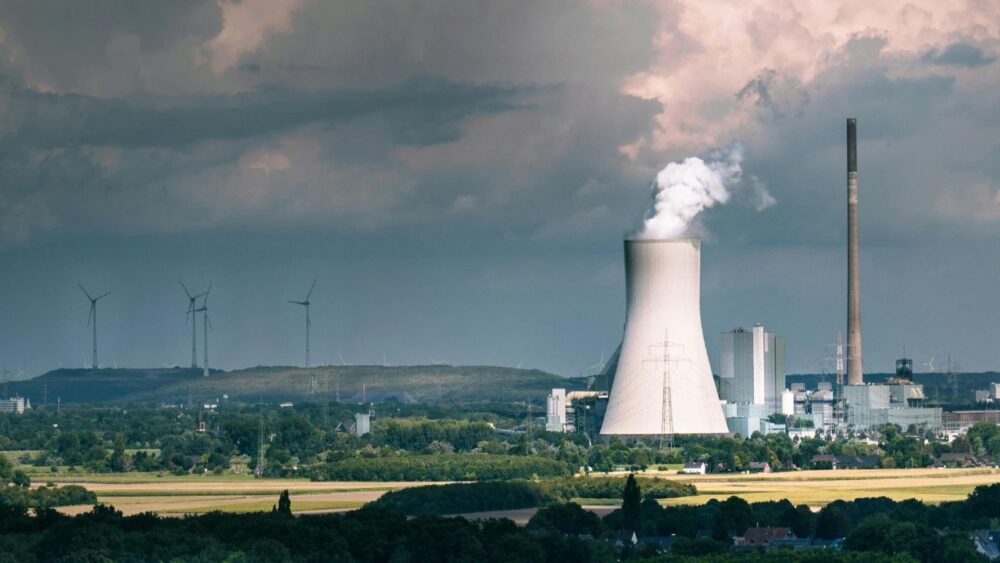North Texas officials told energy producers gathered in Fort Worth that the state’s power grid will struggle to keep up with rapid industrial expansion over the next decade. They warned that electricity needs tied to population growth and new data centers continue to rise faster than Texas can build capacity.
U.S. Rep. Craig Goldman, R-Fort Worth, addressed the crowd at the Texas Alliance of Energy Producers’ annual conference on November 11. He said his first year in Washington convinced him that the Trump administration can significantly reshape national energy policy. “Having been up there for almost a year, it really is amazing how we’ve been able to transform policy,” Goldman said, according to the Fort Worth Report.
Goldman said he supports a diverse grid but criticized Biden-era officials for pushing renewable energy too aggressively. “No offense to wind and solar, because obviously on our grid in Texas, we need wind and solar,” he said. He pointed to California’s plan to rely entirely on clean energy by 2045 and dismissed the idea. “It’s just not going to happen,” he added.
President Trump has pledged to boost domestic oil and gas production while easing environmental restrictions. He signed an order in May to create 10 new large nuclear reactors by 2030. Goldman said resistance to nuclear power mirrors opposition long faced by fossil fuel producers, but he noted that small nuclear reactors now attract more federal support.
He singled out Abilene Christian University’s molten salt research reactor as an example of the technology’s future. In August, the U.S. Department of Energy approved uranium distribution for ACU’s reactor, which uses a 1-megawatt thermal system designed by Natura Resources.
Texas lawmakers committed $120 million this year to strengthen ACU’s partnership with the company through the school’s Nuclear Energy eXperimental Testing Laboratory (NEXT), according to the University. It remains the only university-led project in the country with a Nuclear Regulatory Commission construction permit.
North Texas leaders said the region’s surge in data centers, each requiring several megawatts, adds pressure on the grid and strengthens the case for small nuclear facilities.
Fort Worth Mayor Mattie Parker credited the energy sector for driving job growth, noting that the industry has added more than 6,000 jobs. She also highlighted the long-term impact of the Barnett Shale, which generated about 115,000 jobs in 2013. “The energy industry is the face of Fort Worth’s ‘really bright future,’” Parker said, as reported by the Fort Worth Report.


